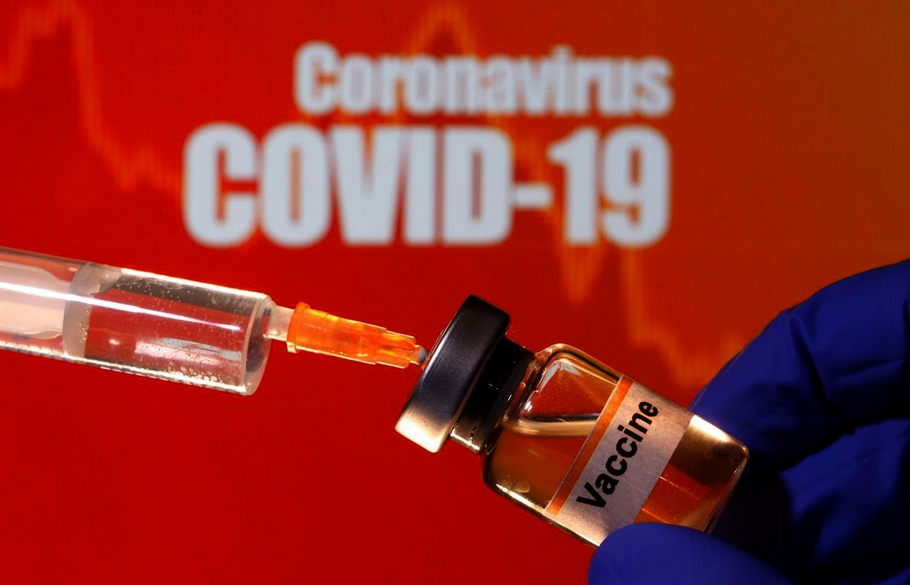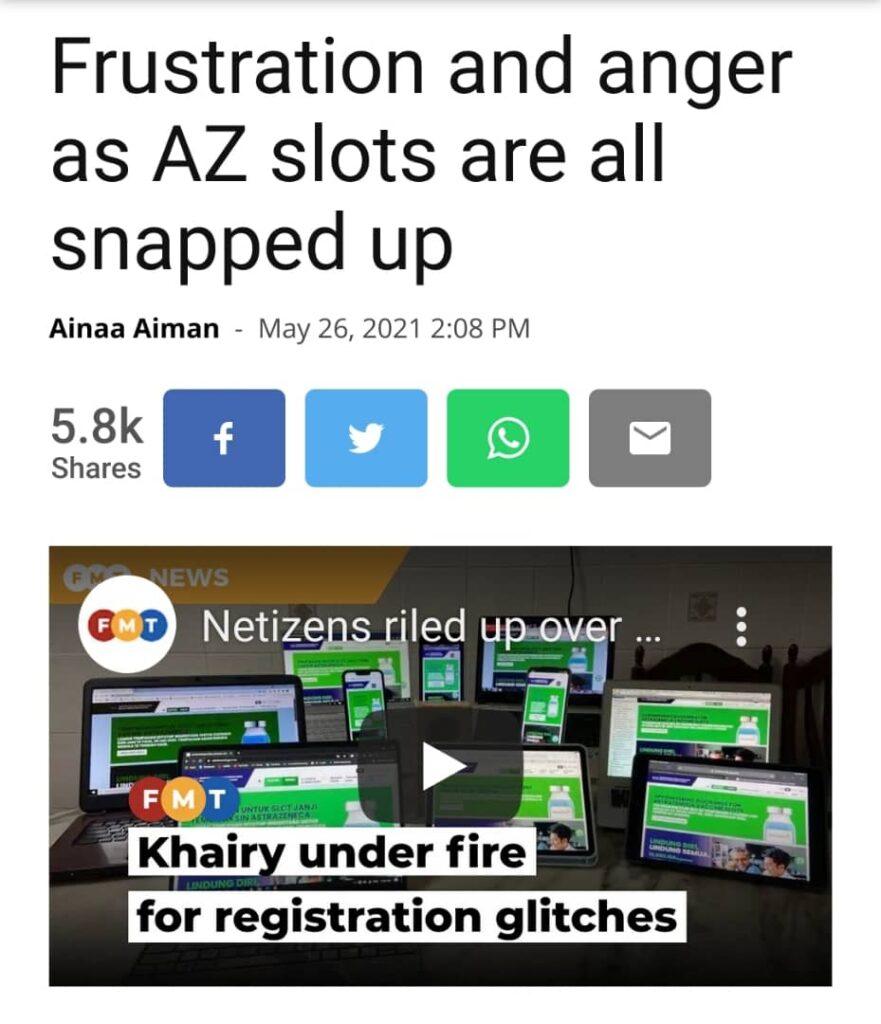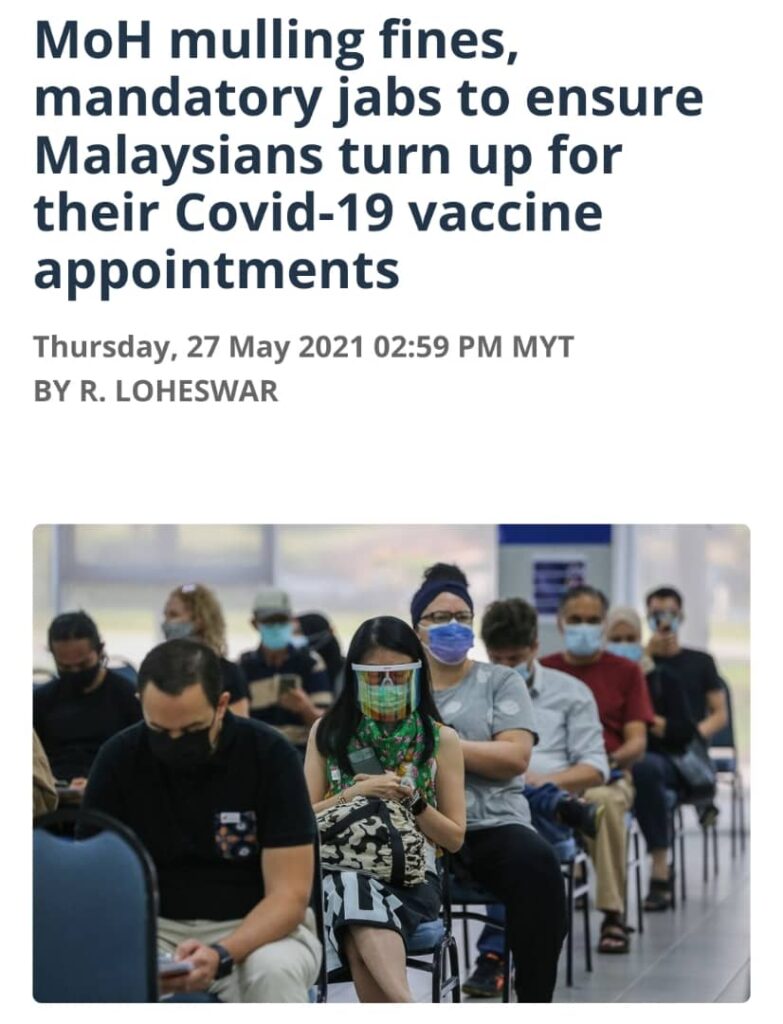
Media Statement
28th May 2021
Unequal vaccine distribution and implementation issues might delay herd immunity
As Covid-19 daily case numbers climbed a new high of 8,290 today, the lack of a clear strategic focus could undermine people’s confidence in the National Covid-19 Immunisation Programme (PICK) as well as the overall effectiveness of Malaysia’s vaccine rollout. For example, in terms of vaccine distribution, the ‘first-come-first-served’ opt-in allocation for AstraZeneca (AZ) is counterproductive to the government’s priority of protecting the more vulnerable segments of our society. Its subsequent move to include AZ back into PICK validates earlier criticisms of potential vaccine inequity associated with this approach.
Faced with vaccine shortages, opening AZ booking to those beyond the Phase 2 target group would have led to a more unequal vaccine distribution favouring households with higher digital literacy and accessibility.
Vulnerable and high risk groups, who would have been vaccinated much earlier via PICK had it not been for the parallel opt-in mechanics, needed to compete virtually and endure multiple rounds of technical glitches before even knowing whether they have managed to secure a booking. If unsuccessful, they would have to wait their turn through PICK, which will only be ramped up once new shipments arrive in June and July.

Meanwhile, they are forced to watch much younger and healthier people receive their jabs or appointments for vaccination. This is unfortunate. As a public good, vaccines should be prioritised for those who need them the most and not be based on the principle of survival of the fittest.
Another point of concern is the lack of interest by the government to understand and learn from empirical evidence regarding setbacks encountered throughout this vaccine rollout. When reports emerged that over 52,000 individuals across seven states had missed their appointments, it was almost second nature for Minister of Health Adham Baba to suggest imposing penalties for these individuals. More effort should have been invested in uncovering the underlying reasons for this occurrence as justifications such as lack of connectivity, mobility, transport, sickness, quarantine, and hesitancy have been cited as probable causes.

Without a deeper understanding, it is in all likelihood that the government might implement more counterproductive solutions that would then cause further unintended consequences.
Lessons worth learning
Setting out for herd immunity through vaccinations is an essential long-haul strategy that should be pursued in tandem with a more end-to-end systemic approach of Finding (F), Testing (T), Tracing (T), Isolating (I) and Supporting (S). Therefore, we cannot afford to fail.
If we intend to succeed in this endeavour, we must address any potential hurdles after taking in learnings from earlier roll out phases and plan carefully for subsequent ones. If we fail to plan, we plan to fail.
With this in mind, I would like to suggest several areas for improvement to boost people’s confidence in PICK as outlined below. These items are top-level suggestions and by no means exhaustive, but they serve as good starting point for further discussions on ways we can bolster the programme.
- Credibility – The registration, allocation and distribution processes have to be transparent and clear. Allegations of queue cutting and the different methods used to get on the vaccine waitlist must be addressed satisfactorily.
- Convenience – The lack of access to vaccine centres, registration platforms (e.g. web crashes, buggy app, busy hotlines etc.) should be rectified. Logistical arrangements for disadvantaged segments of society need to be made so that they have equal access to vaccines when more dosages are available.
- Communication – There is still considerable vaccine hesitancy within our society. To achieve herd immunity, we will need to address this issue by employing multi-pronged communications strategies and tactics, both online and on the ground to encourage vaccine registration and take-up.
- Coordination – Collaboration and coordination across all levels of government can be improved. As the one leading the charge, the federal government should allocate all available resources at its disposal to arm its ministries, agencies, state governments, community leaders, and different segments of society to ensure the above three areas of need are met.
- Consultation – We have to accept that the era of government knows best is over. It is time to reconvene parliament and utilise the various bipartisan Parliamentary Special Select Committees to deal with matters of pandemic management. Each committee should be provided with adequate resources and be able to engage with a wide range of experts to truly formulate holistic policy interventions.
I hope that these suggestions will be accepted in good faith. Malaysia should embark on a genuine “whole-society-approach” in battling Covid-19 by roping in different stakeholders in the decision-making process while setting a clear strategic direction in the long run for us to safely steer out of this current pandemic.
Raja Ahmad Iskandar Fareez
Communications Director
Research for Social Advancement (REFSA)



